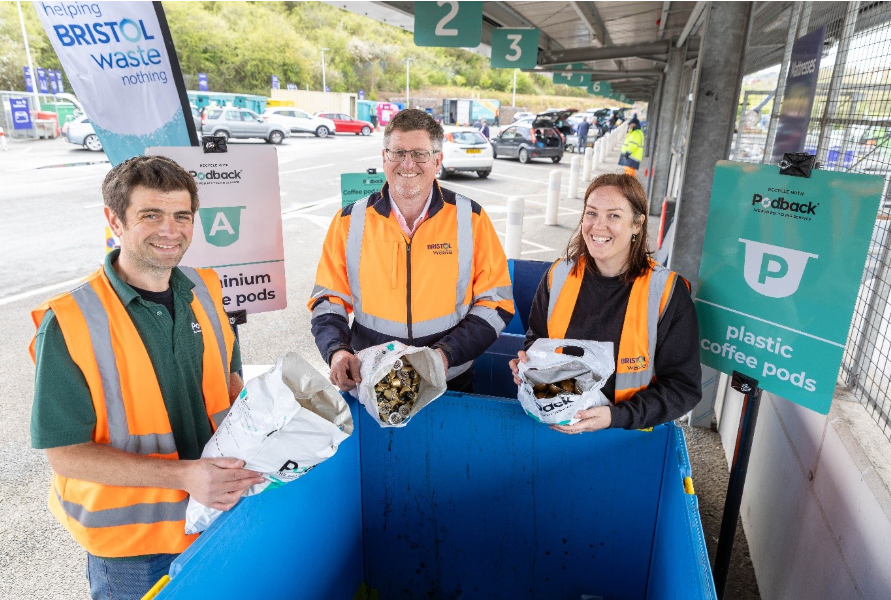Residents in Swansea could be restricted to three black bags of residual waste for collection each fortnight under plans being voted on by council cabinet members today (December 3).
A report being put before city and county of Swansea council cabinet members this afternoon recommends that limits be placed on the amount of residual waste collected per household from the kerbside in order to increase recycling and reduce landfill from April 2014.

However, the council said there would be exceptions to the limit in order to cater for large families, commercial collections, communal collection points and houses of multiple occupants.
The proposal comes in response to Wales National Waste Strategy, which states that councils must recycle 52% of waste collected, rising to 58% in 2015/16.
Wales Strategy includes reduction targets up to 2025 and councils not achieving the targets could be given fines of 200 for every tonne of material outside the target.
The council report also states that if the targets are not met, the Welsh Government could seek claw back of the Sustainable Waste Management Grant which is currently 4.87 million.
Swansea councils recycling rate currently stands at around 52% for the first quarter of 2013/14, although the report notes that seasonal variations mean the rate is usually higher during the first quarter and that improvements are needed to sustain this level for the whole year.
The council believes its kerbside recycling collections have the capacity to increase its overall recycling rate by 12% and that if households participate fully in recycling services, they would typically require to use no more than one or two black bags of waste every fortnight.
‘We now want to go a step further by encouraging more people to reduce their black bag waste by limiting the amount of black bags that we’ll collect.’
June Burtonshaw, Swansea council cabinet member for place
Survey
According to a recent council survey, 74% of residents put out two black bags of less for collection every fortnight with the remaining 26% putting out three bags or more.
Swansea operates an alternate weekly collection scheme which sees paper and card, cans and glass, and garden waste collected on one week and plastic and residual waste the next. Food waste is collected on a weekly basis.
June Burtonshaw, council cabinet member for place, said: We want to reduce the amount of waste going to landfill by encouraging people to recycle more. We have a wide range of popular recycling services available for residents and the latest research shows that almost three quarters of people now put out two or less black bags.
We now want to go a step further by encouraging more people to reduce their black bag waste by limiting the amount of black bags that we’ll collect.”
The council also launched a voluntary trial to boost recycling in August 2012, which saw all black bag waste taken to its Llansamlet civic amenity site and searched for recyclable material (see letsrecycle.com story).
Monmouthshire
The council report also highlights the example of Monmouthshire council, which in June 2013 introduced a two-bag limit on residual waste each fortnight. Early figures suggest this has brought about a significant reduction in residual waste collected and an increase in recycling.
Related Links
Monmouthshire council faced criticism for introducing the limit earlier this year, with critics claiming that the initiative could lead to an increase in fly-tipping a claim dismissed by the council (see letsrecycle.com story).
Councillor Burtonshaw said: By reducing the amount of landfill we can improve the environment and reduce the cost of waste disposal for tax-payers.
She added: The result of limiting black bags and increasing recycling will help the council avoid any unnecessary fines, lower waste disposal costs and improve our local environment.









Subscribe for free